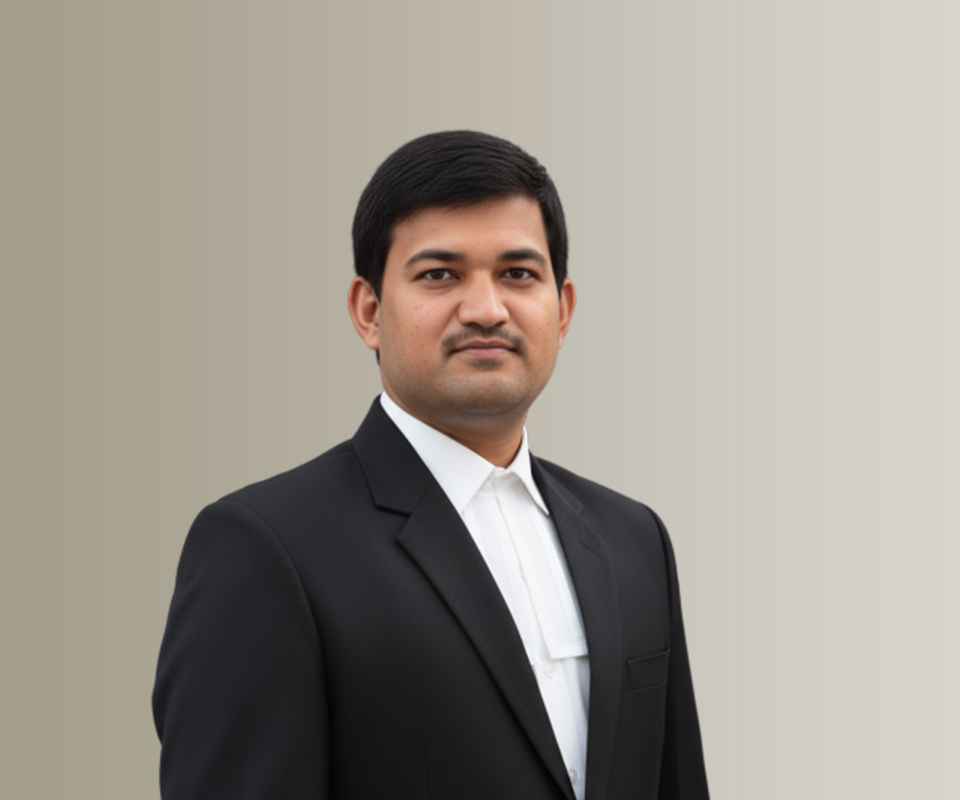Answer By law4u team
Yes, stepchildren are eligible for maintenance under Indian law, but the specific rights depend on the relationship between the stepparent and stepchild, and the legal framework in which the claim is made. The eligibility and the extent of maintenance for stepchildren are primarily governed by the Hindu Adoption and Maintenance Act (HAMA), 1956, and relevant provisions of family law in India.
1. Hindu Adoption and Maintenance Act, 1956 (HAMA):
Under Section 20 of the Hindu Adoption and Maintenance Act, a stepchild can be eligible for maintenance if the stepchild is a Hindu and is living with the stepparent.
The law recognizes that a stepchild, just like a biological child, can claim maintenance from the stepparent if the child is unable to support themselves, either due to age, disability, or other reasons. However, this claim is not automatic and is subject to the stepparent's responsibility being established in a legal context.
Conditions for Maintenance Under HAMA:
- The stepparent must have accepted the child as part of the family, which can be evidenced by a consistent, long-term relationship where the stepparent treats the child as their own.
- The stepparent must have the financial capacity to provide for the child's maintenance.
2. Maintenance from Biological Parent:
While stepchildren may claim maintenance from their stepparents, they still retain the right to claim maintenance from their biological parents (if the biological parents are not separated or divorced) under Indian law.
In cases of divorce, a stepparent’s obligation to provide maintenance is secondary to the biological parent’s duty, unless the stepparent has assumed primary guardianship of the child.
3. Indian Succession Act, 1925:
Stepchildren are also eligible to claim maintenance under the Indian Succession Act if the stepparent has died without a will and the child has been financially dependent on the stepparent. However, this claim may be contested depending on the stepparent's will and inheritance laws.
4. Family Court and Legal Remedies:
If a stepchild is being denied maintenance by a stepparent, the stepchild or their guardian can approach the family court and file for maintenance under the relevant laws, including HAMA.
The court will consider factors such as the child's needs, the stepparent's income, and the nature of the relationship between the stepparent and stepchild before issuing a maintenance order.
5. Conditions Under Muslim Law:
Under Muslim law, a stepchild does not automatically have a right to claim maintenance from a stepparent unless the stepparent has explicitly agreed to take responsibility or legally adopted the child.
Example:
Case Scenario:
A child from a previous marriage (stepchild) lives with their mother and her second husband. The stepfather is financially well-off but refuses to provide maintenance for the child, despite the child being financially dependent on him. The mother can file a claim for maintenance in family court under the Hindu Adoption and Maintenance Act, arguing that the stepfather has a legal obligation to provide for the child’s welfare. The court will examine the relationship between the stepfather and child, the child’s needs, and the stepfather’s ability to pay.
Conclusion:
Under Indian law, stepchildren can indeed claim maintenance from their stepparents under specific conditions, particularly when they are financially dependent on the stepparent and when the stepparent has assumed a responsibility towards the child. This is governed mainly by the Hindu Adoption and Maintenance Act, 1956, though other factors like the biological parents' obligations and the specific relationship dynamics are also considered.







